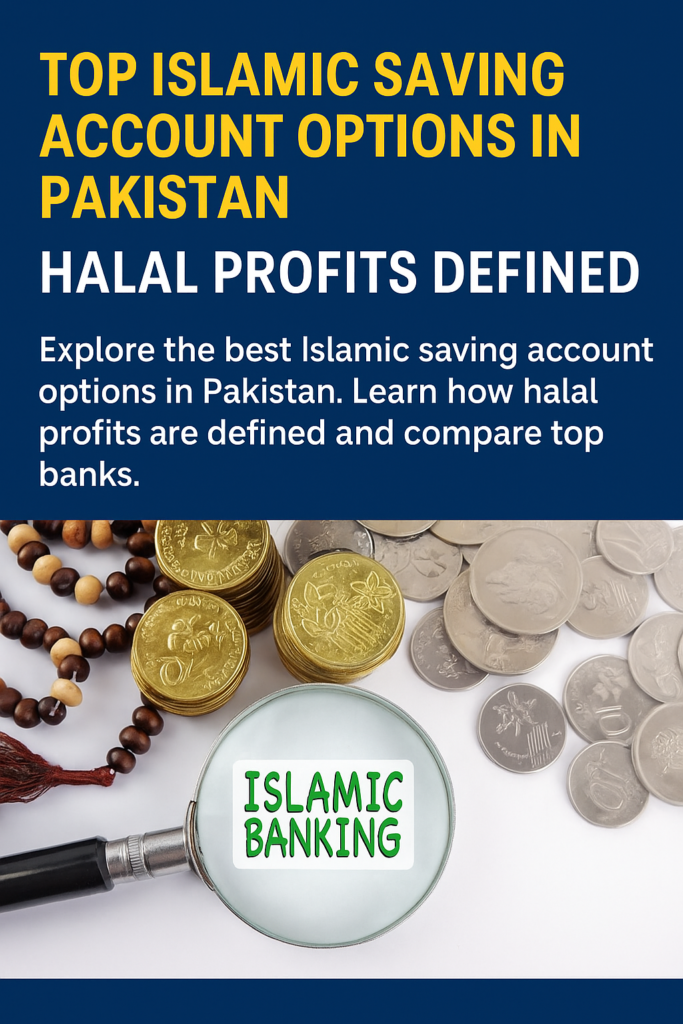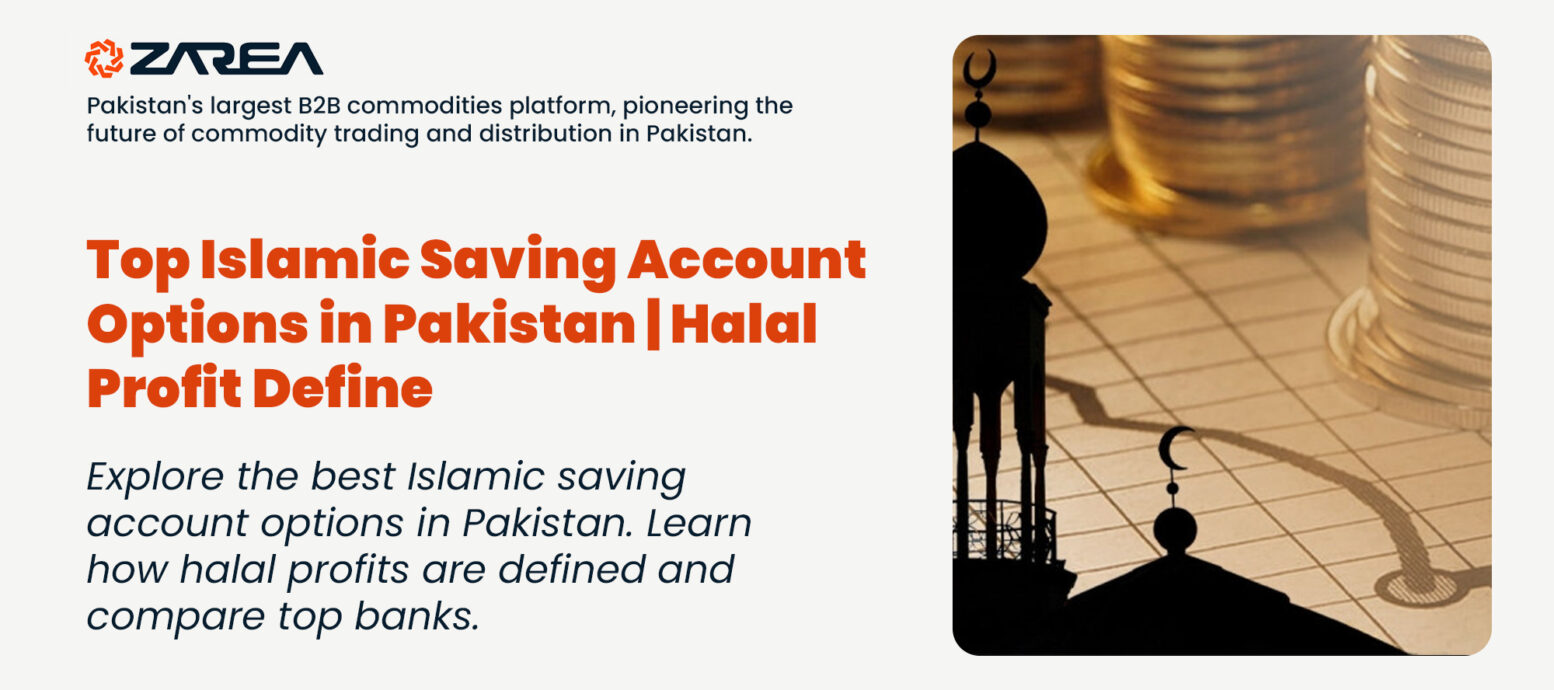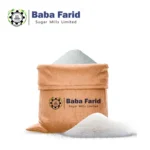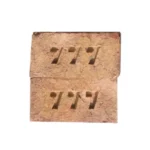Introduction – Islamic Saving Account:
For millions of Pakistanis, Islamic saving account offers a reliable and moral option in a nation where religion and money are closely intertwined. These accounts guarantee that profits stay Shariah-compliant, free from riba (interest), gharar (extreme uncertainty), and other forbidden financial activities, in addition to enabling people to increase their savings.
Both Islamic and conventional banks have increased the selection of Shariah-compliant savings products they offer, providing competitive rates and cutting-edge digital services, as Pakistan’s banking industry develops. In addition to reviewing the best Islamic savings account alternatives available in Pakistan for 2025, this post examines the idea of Islamic saving accounts and discusses what makes their profits kosher.

Right now, visit Zarea to view the biomass products and building materials, compare prices, and make a bulk purchase.
Understanding the Concept of an Islamic Saving Account:
Under the tenets of Islamic banking, an Islamic savings account distributes earnings based on predetermined ratios rather than set interest rates. These profits are obtained from actual economic activity.
These accounts are set up in accordance with several Islamic treaties, including:
- Mudarabah (Profit-Sharing): The bank is the Mudarib (manager) and the depositor is the Rabb-ul-Maal (investor) respectively. Meanwhile the depositor bears losses (if any), until they are the result of carelessness or wrongdoing. On the other hand, the bank’s investment profits are dispersed in accordance with a predetermined ratio.
- Wadiah (Safe-Keeping): The bank safeguards the depositor’s funds and may provide a discretionary profit or gift (hiba), though it is not guaranteed.
- Musharakah (Joint Venture): Both the depositor and the bank contribute capital and share profits or losses according to their investment ratios.
In all these structures, the key difference from a conventional savings account lies in the absence of interest and the presence of risk-sharing in real-world economic ventures.
How Halal Profit Is Defined:
In Islamic banking, Shariah-compliant investments must generate profits—meaning individuals do not use the funds for activities involving alcohol, gambling, interest-based lending, or speculative trading.
The profit rate offered on an Islamic saving account is therefore not fixed or guaranteed. Instead, it is based on the performance of the bank’s profit pool, which includes earnings from halal trade, leasing, and investment activities.
A Shariah Supervisory Board (SSB), a group of Islamic experts, supervises each Islamic bank in Pakistan and certifies that the bank’s contracts, profit sharing, and operations all adhere to Shariah law.
This open, moral paradigm guarantees that savers may increase their money while upholding Islamic values.
Top Islamic Saving Account Options in Pakistan (2025):
Pakistan is one of the world’s fastest-growing Islamic banking industries. Yet Islamic banking assets currently make up over 20% of the nation’s whole banking industry. These statistics are according to the State Bank of Pakistan (SBP) reports. Some of the top choices for people looking for trustworthy Islamic savings accounts in 2025 are listed below:
Meezan Bank – Meezan Saving Account
As Pakistan’s first and largest Islamic bank, Meezan Bank remains the benchmark for Shariah-compliant savings.
- Structure: Mudarabah-based
- Profit Payout: Monthly or quarterly
- Features: Free cheque book, online banking, and debit card
- Halal Profit Basis: The profit is derived from the bank’s investment in halal business ventures certified by the Shariah Board.
Meezan provides consistent returns on its savings account with complete transparency on how it generates and distributes profits.
BankIslami – Saving Account
BankIslami Pakistan provides a wide range of Islamic financial solutions, including a competitive saving account for individuals and businesses.
- Structure: Mudarabah
- Profit Distribution: Monthly
- Distinct Feature: Tier-based profit computation is a unique feature; bigger balances result in higher profit ratios.
- Additional Services: This account not only gives you free ATM access nationwide. But it gives 24/7 internet and mobile banking also.
BankIslami places a strong emphasis on client convenience and ethical banking while closely adhering to Islamic law.
Dubai Islamic Bank Pakistan – Saving Account
A subsidiary of Dubai Islamic Bank UAE, this bank combines global expertise with Pakistan’s local market needs.
- Structure: Mudarabah
- Profit Frequency: Monthly or quarterly, depending on account type
- Highlight: Internationally recognized Shariah governance framework
- Value Proposition: Profit-sharing mechanism ensures fairness and transparency
Dubai Islamic Bank’s saving account is ideal for customers seeking a blend of ethical banking and robust digital services.
Al Baraka Bank Pakistan – Saving Account
Al Baraka Bank, part of the Bahrain-based Al Baraka Banking Group, is a pioneer in Islamic finance.
- Structure: Mudarabah contract
- Profit Rate: Varies with profit pool performance
- Advantages: Access to global Islamic banking expertise, digital convenience, and ATM services
Al Baraka’s account emphasizes financial inclusion and Shariah compliance, offering both security and ethical growth.
Faysal Bank – Faysal Islamic Saving Account
Having transitioned completely to Islamic banking, Faysal Bank now operates as one of the largest fully Shariah-compliant institutions in Pakistan.
- Structure: Mudarabah
- Profit Distribution: Monthly
- Features: Free online transfers, cheque book, debit card, and SMS alerts
- USP: Backed by Shariah scholars and certified by international Islamic banking auditors
Faysal Bank’s saving account is particularly popular among salaried individuals and small businesses looking for a stable halal income stream.
HBL Islamic – Saving Account
HBL Islamic offers a strong alternative for customers who prefer Pakistan’s largest conventional bank but with a dedicated Islamic banking division.
- Structure: Mudarabah
- Profit Sharing: Monthly
- Features: Integration with HBL’s vast digital network, making transactions seamless
- Shariah Assurance: Endorsed by an independent Shariah Board and aligned with SBP guidelines
HBL Islamic’s saving account appeals to customers seeking accessibility, reliability, and compliance under one umbrella.
Key Benefits of Islamic Saving Accounts:
- Shariah Compliance: All money and earnings come from halal sources, giving devout Muslims peace of mind.
- Ethical Investment: Deposits steer clear of interest-based lending and speculation in favour of productive industries including manufacturing, commerce, and agriculture.
- Transparency: Banks reveal the management of profit pools and the allocation of returns.
- Social Responsibility: Charitable or welfare projects frequently receive partial funding from the revenues.
- Modern Banking Access: Comparable conventional banking ensures convenience via mobile banking, online transfers and debit card facilities.
Comparison: Islamic vs. Conventional Saving Accounts:
| Feature | Islamic Saving Account | Conventional Saving Account |
|---|---|---|
| Basis of Return | Profit-sharing (Mudarabah) | Fixed interest rate |
| Shariah Compliance | Fully compliant | Not compliant |
| Risk Sharing | Yes – depositor and bank share risk | No – depositor earns guaranteed interest |
| Profit Certainty | Variable (depends on profit pool performance) | Fixed (pre-decided interest) |
| Use of Funds | Invested in halal sectors | Can be used in interest-based or non-halal ventures |
This contrast shows why many Pakistanis now prefer Islamic banking since it supports financial stability while being consistent with their beliefs.
Regulation and Oversight:
The State Bank of Pakistan (SBP) governs the Shariah Governance Framework for all Islamic banks respectively. Every institution must requires a Shariah Board, an Internal Shariah Audit, and submit an Annual Shariah Compliance Review Report.
Worldwide best practices and Islamic beliefs guarantee that investments, profit sharing, and customer interactions align with continuity.
Final Thoughts:
Islamic savings accounts play a vital role in developing Pakistan’s economy. They are very essential in order to advance ethical finance and financial inclusion nationwide. On the other hand, customers now have access to transparency. A very special thanks to major institutions like Meezan Bank, Bank Islami, Faysal Bank, and Al Baraka. Furthermore, Shariah-compliant savings options provide financial and spiritual fulfillment accordingly.
When selecting an Islamic savings account ensure halal profits. Meanwhile, what remains constant is the assurance of halal profits and faith-aligned growth. Regardless of your personal preferences about customer service, digital ease, or profit frequency.
We anticipate that Islamic banking in Pakistan will grow far more in 2025 and beyond, enhancing the connection between moral values and economic advancement.
FAQ’S:
What is an Islamic savings account?
An Islamic savings account follows the Mudarabah model, which incorporates Shariah-compliant terms and conditions. These include determining the profit-sharing ratio, risk-bearing mechanism, and overall Mudarabah process flow.
How much profit on 1 lac in Meezan bank?
Based on current profit rates for savings accounts such as the Meezan Bachat Account or Rupee Savings Account, a 1 lac deposit at Meezan Bank can yield you around Rs. 550-650 per month in profit. The exact amount may vary because the profit is based on a Mudarabah agreement, with rates disclosed regularly.
What is the Islami premium saving account?
The Islami Premium Saving Account offers a regular checking account designed for HNWI (High Net Worth Individuals), sole proprietors, traders, NGOs, and business entities. It is a general pool account. It is a two-tiered account that offers the convenience of fund accessibility and does not impose transaction limits.
Is a MCB savings account halal?
Indeed, the savings accounts provided by MCB Islamic Bank are halal due to their Shariah-compliant and Riba-free nature. The bank manages your funds in Shariah-compliant ways and shares profit with clients based on a predetermined ratio. These accounts are based on principles such as Mudarabah or Qard.
Can Muslims put money in a savings account?
Indeed, Islamic savings accounts are considered permissible due to their prohibition of riba (interest).


































